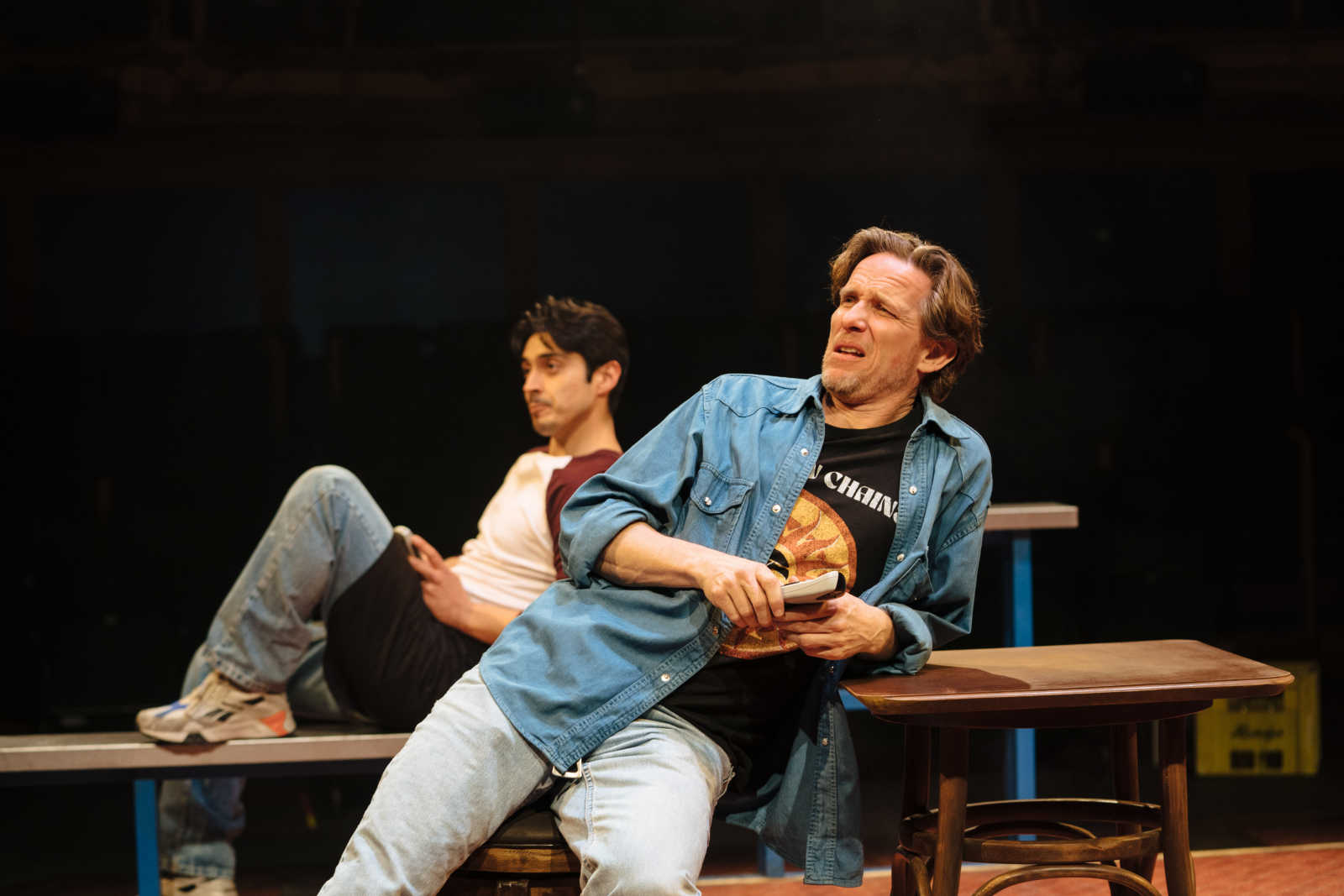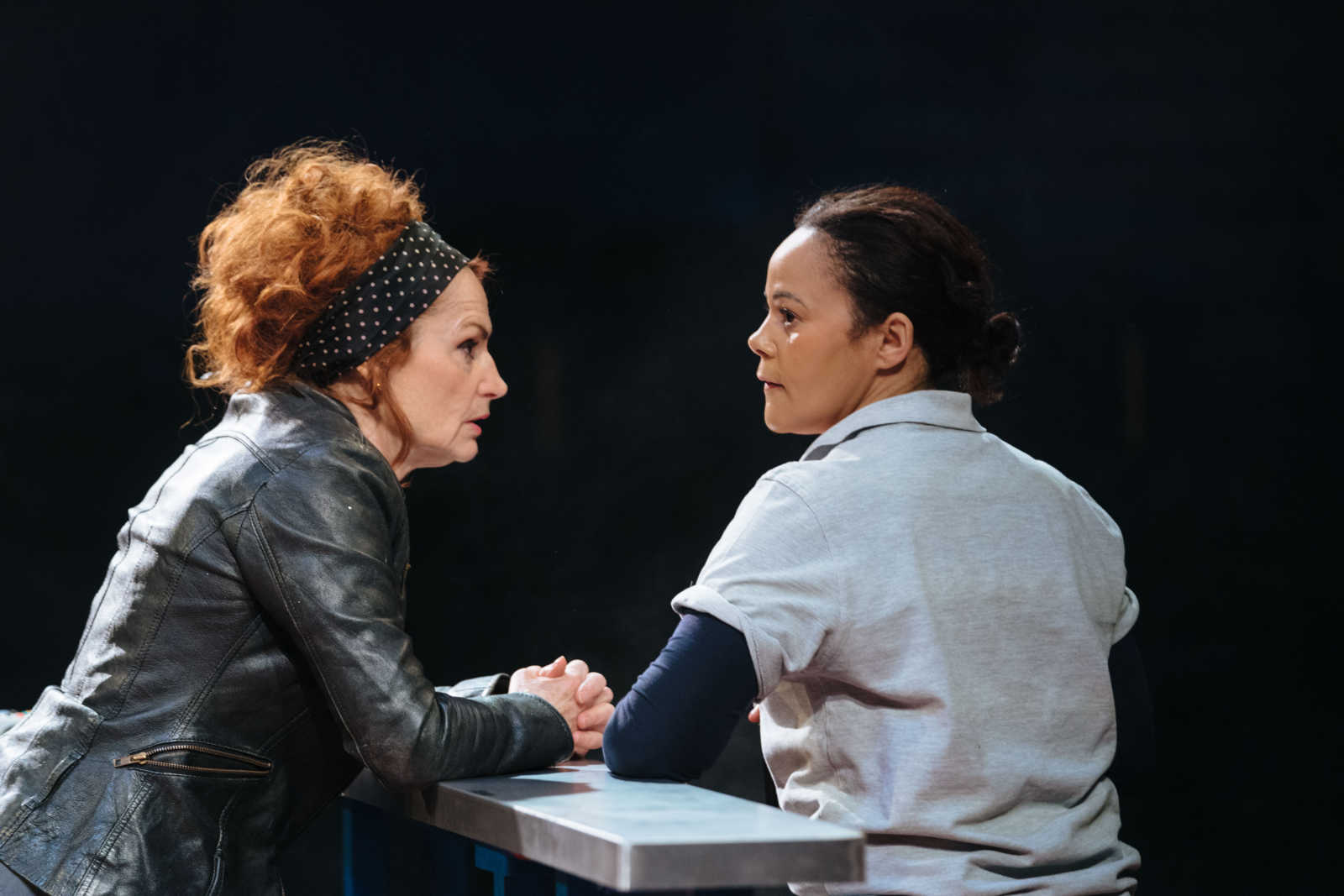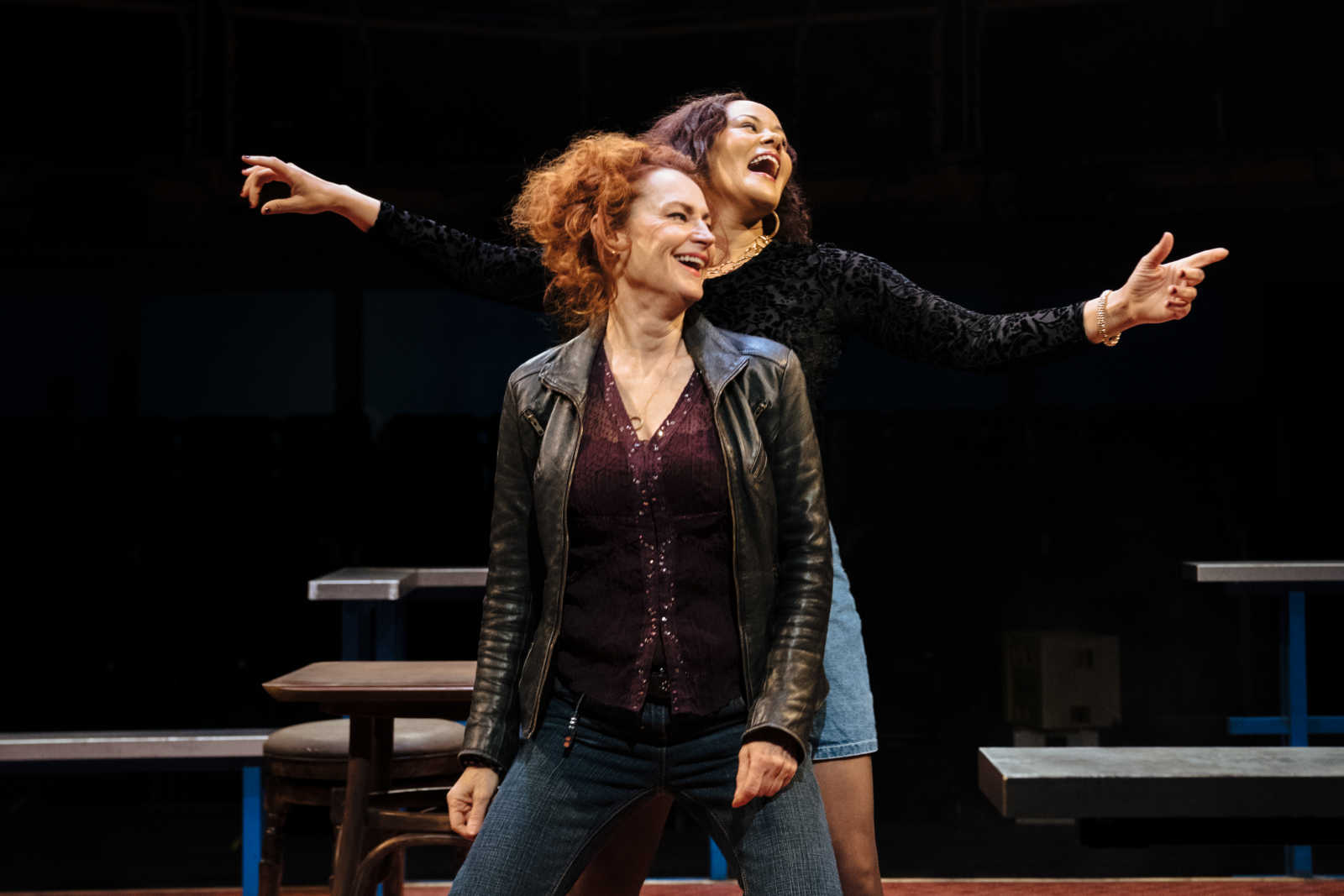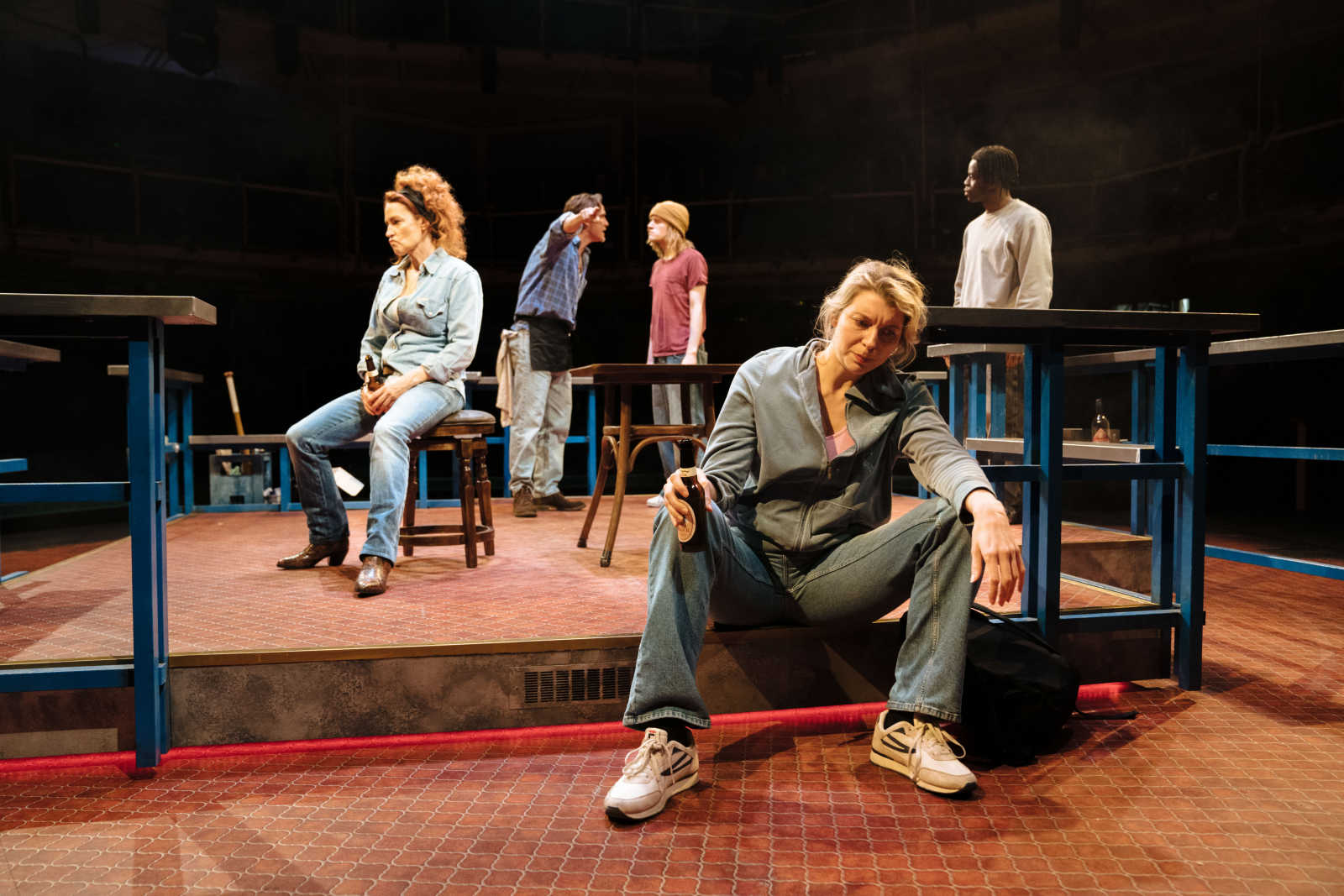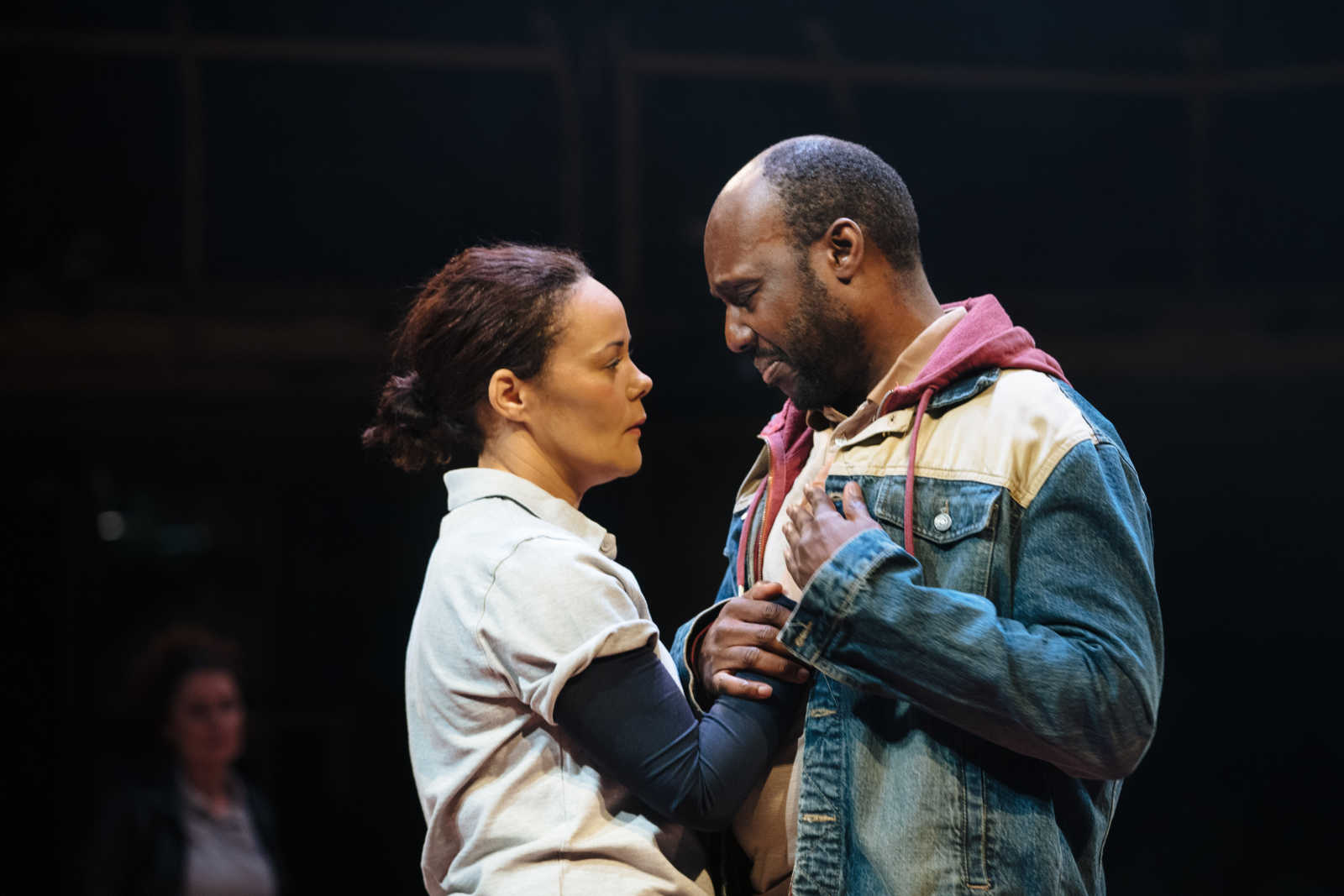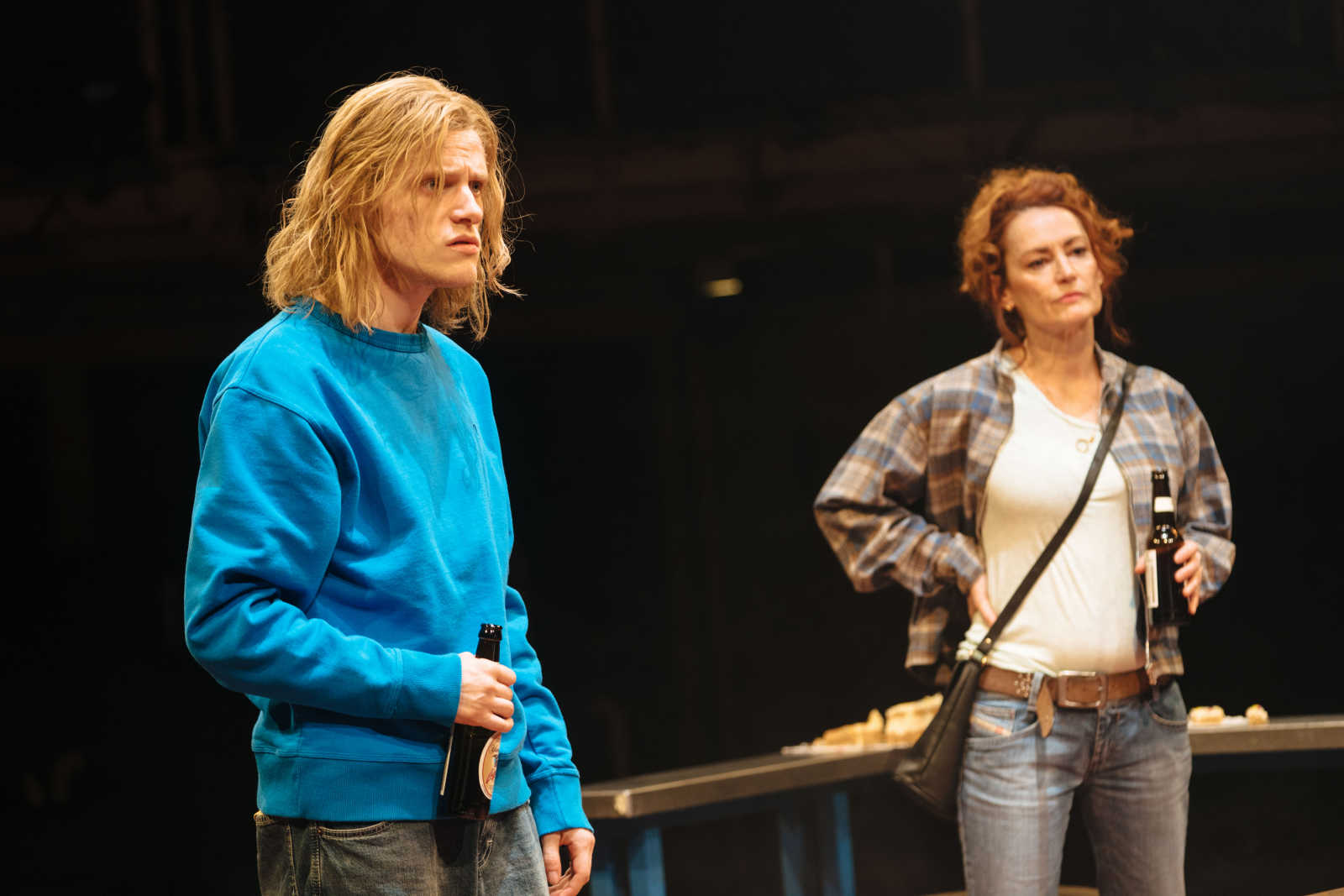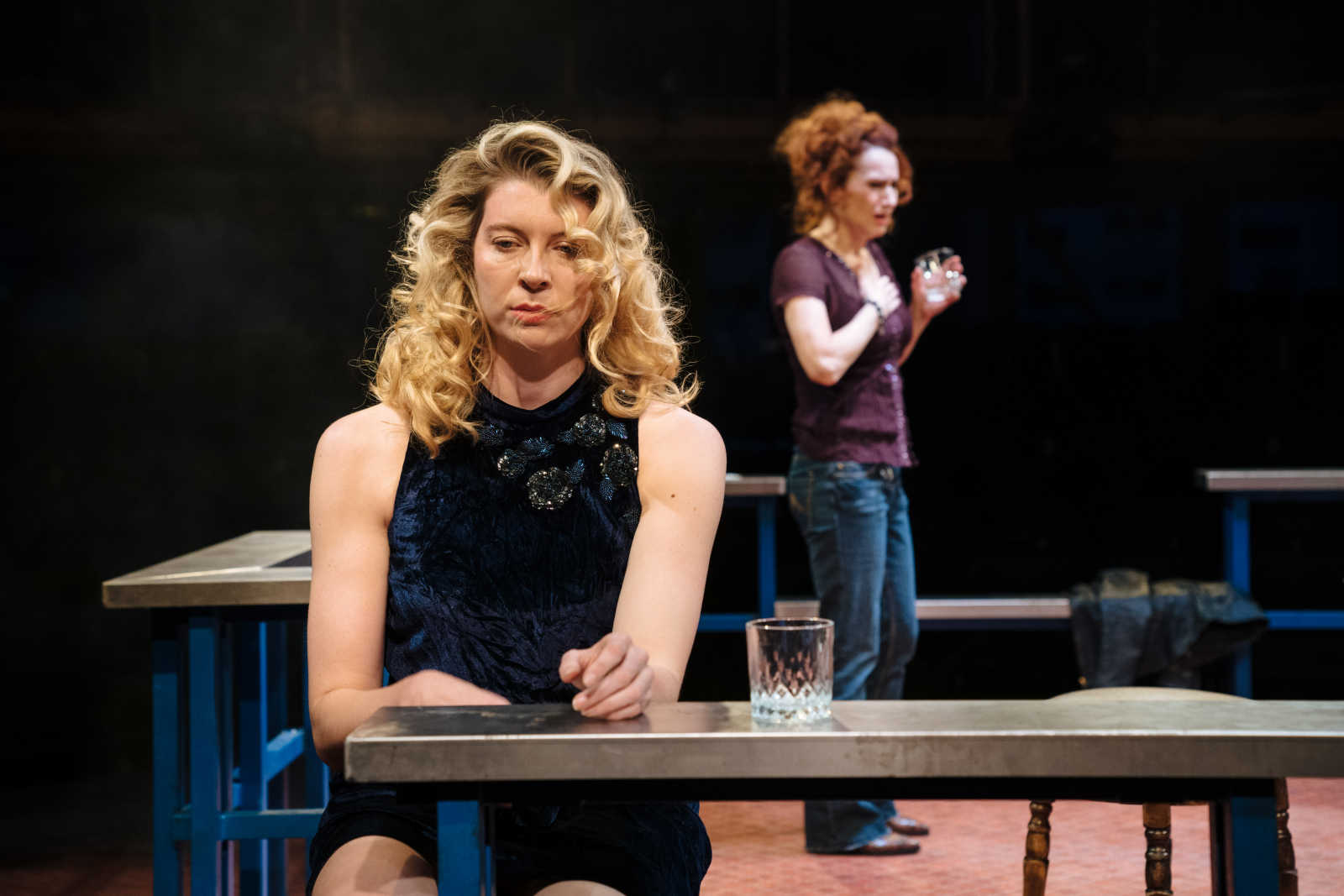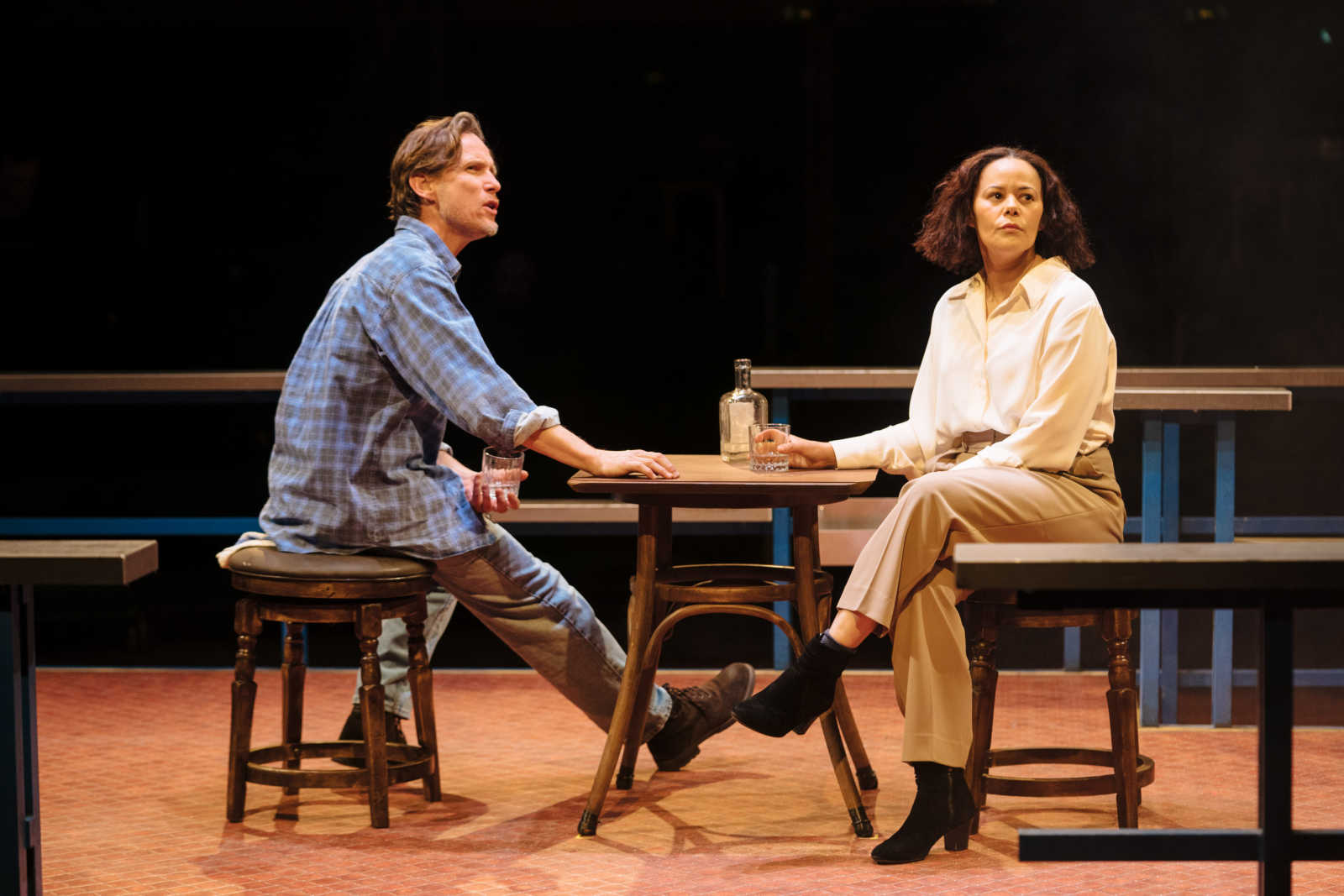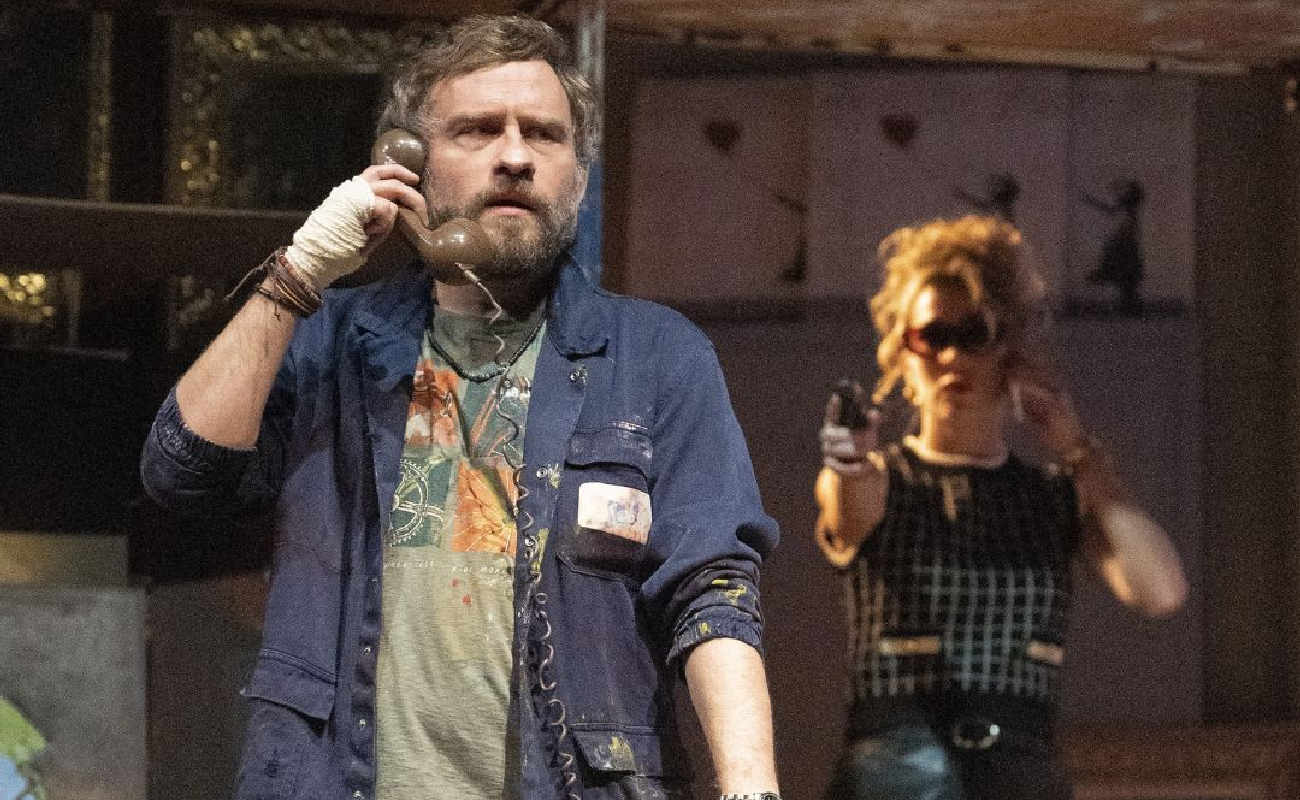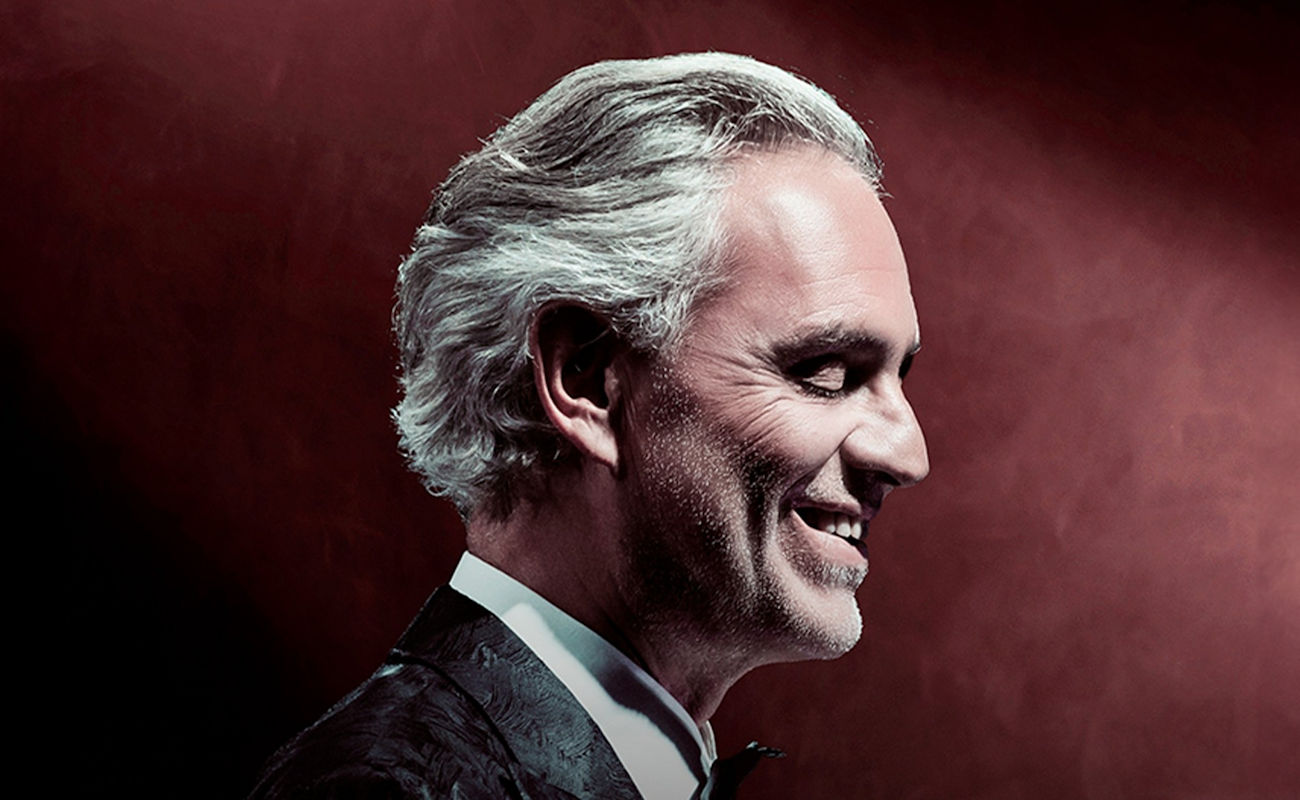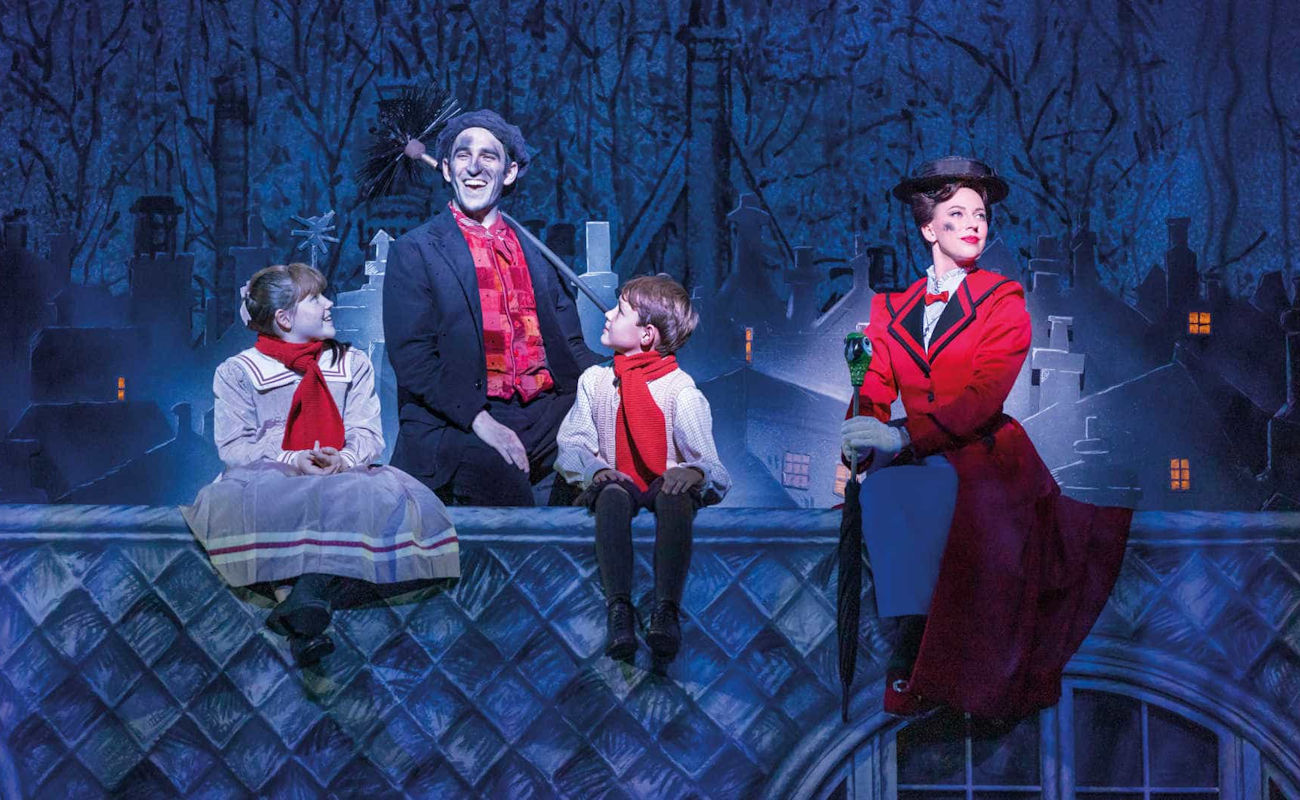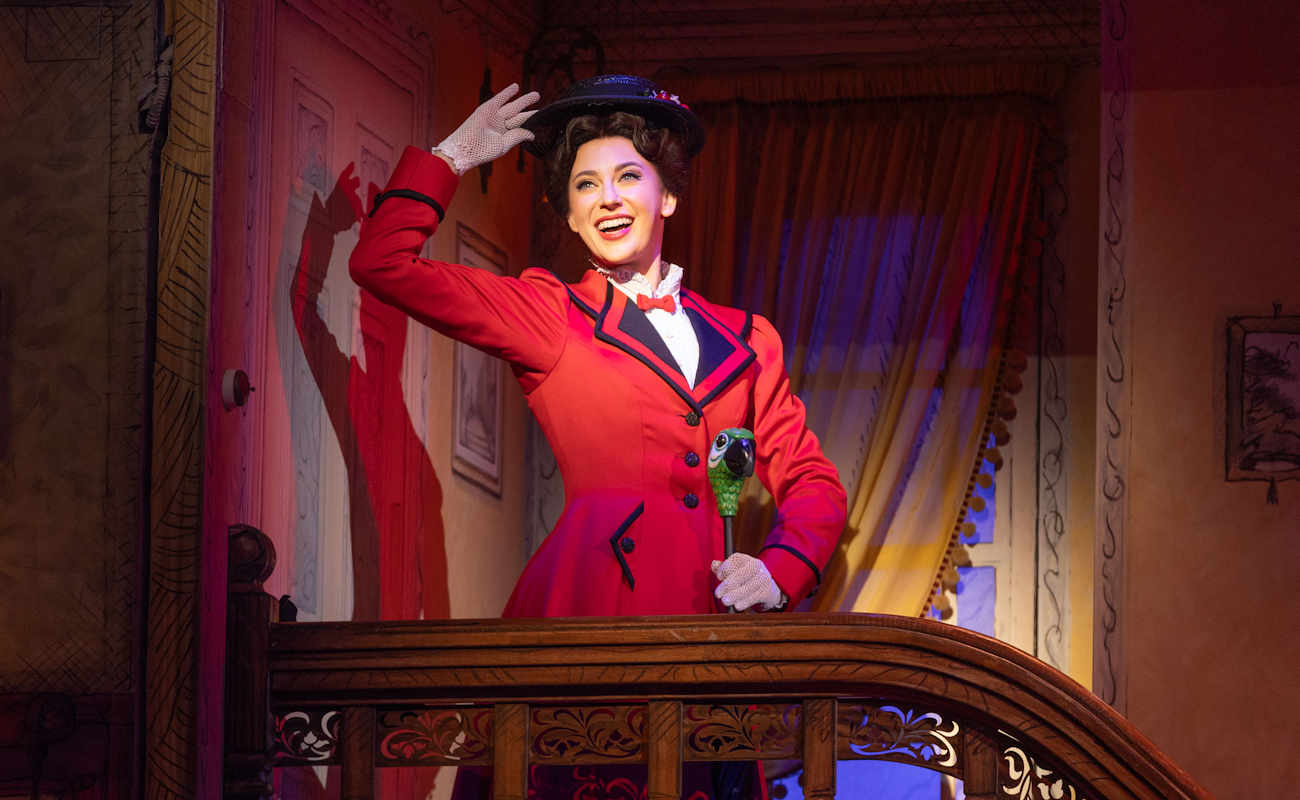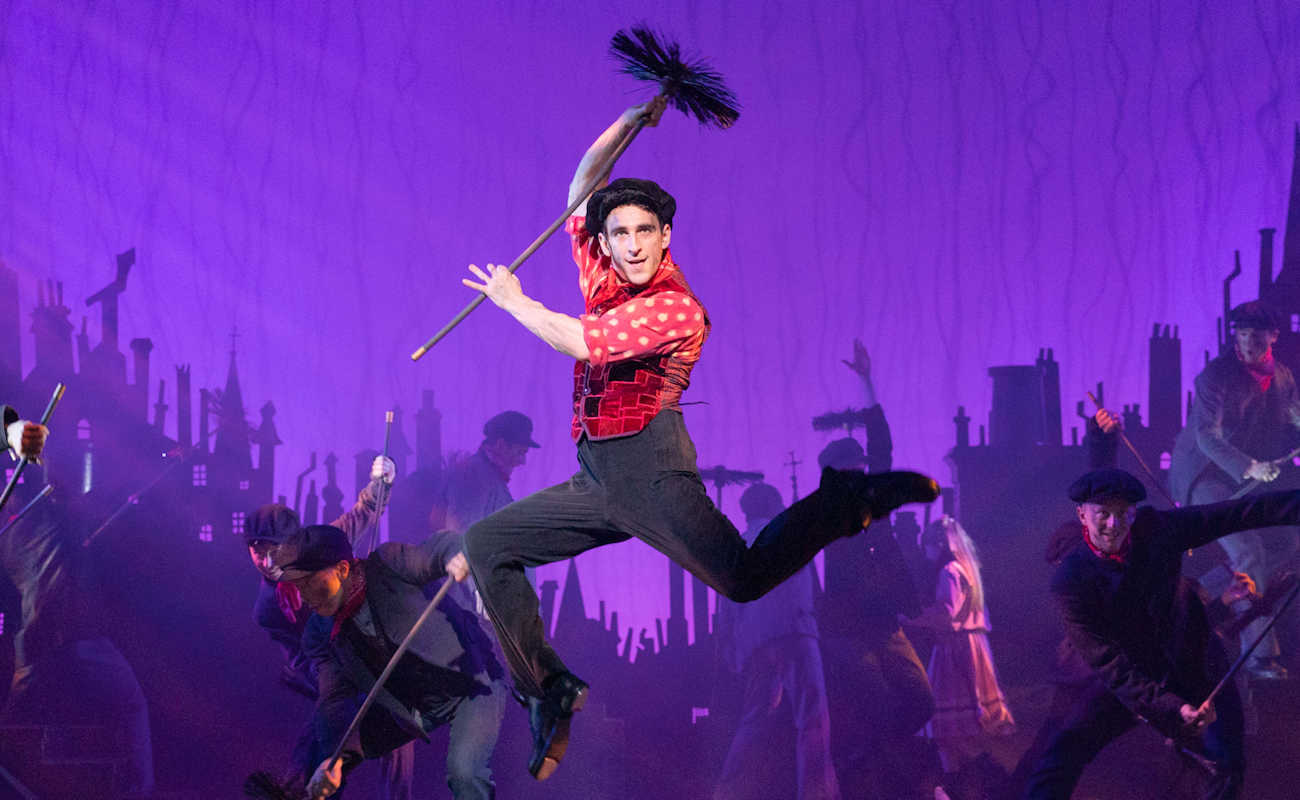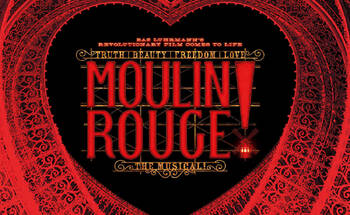Manchester Theatre News & Reviews
REVIEW - Sweat is full of passion, hope, decency and the best and worst of humanity!
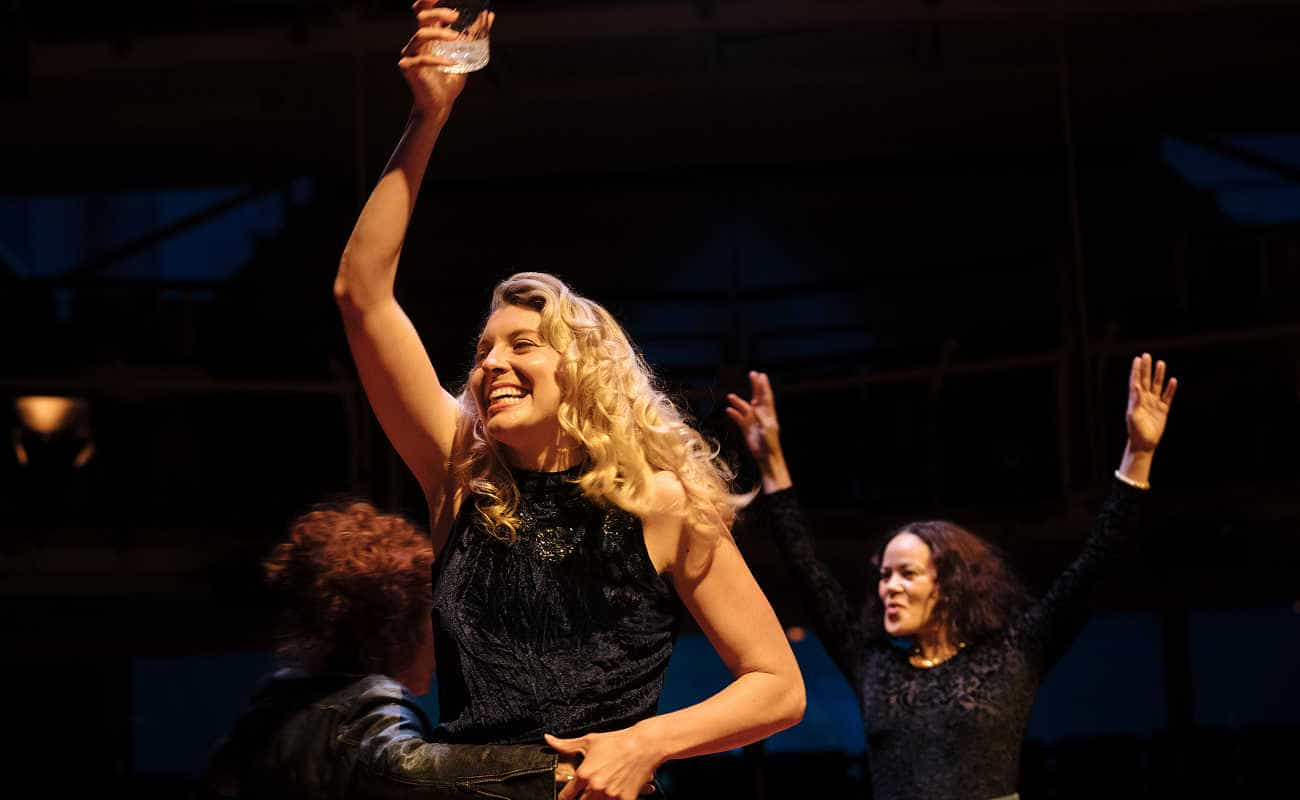 BOOK YOUR TICKETS TODAY!
BOOK YOUR TICKETS TODAY!
On Wednesday, we visited the Royal Exchange Theatre in Manchester to see yet another fantastic production. The venue is the place to be at the moment if you are looking for incredible drama. Read what our reviewer Karen Ryder had to say about Sweat...
A parole officer. Two youths. Two separate interviews. But they are linked by the events that led them here. But what are these events? What has happened? What has derailed the friendship of these two young men and clearly torn their lives apart? And that is the hook. That’s what reels you in from the off. As the Pulitzer Prize winning drama from Lynn Nottage gets underway, we are welcomed into the world of best friends Cynthia and Tracey as they hang out at Stans bar. It’s a simple but fulfilling life. Everyone in the community longs to work in the local factory for the pay is good and the work is steady. There is a comforting reassurance that nothing ever changes, it makes it reliable and rocksteady. It is a badge of honour to work there, generations of workers pass through their doors and it seems the only way to get a job there is to know someone and be invited. It is a source of pride, a pedestal, an identity. So what happens when things do start to change? When cracks start to show? And what happens when best friends Tracey and Cynthia both apply for the same promotion, taking them off the union workers floor and into management? Cynthia gets the job and suddenly resentments, jealousies, and feelings of betrayals surface. Cynthia is trying to fight the system from within, but everyone else thinks she has abandoned them for a better life. So, when it is left to Cynthia to reveal the factory’s plans asking the workers to take a 60% pay cut in order to save the plant, Tracey and everyone else takes the betrayal on a personal level, and Tracey starts spreading stories that Cynthia only got the job in the first place because she is black and it ticked a minority box. As the workers are locked out, tensions rise, friendships are tested, and this once solid community is shattered. Anger, fear and alcohol don’t mix, and as people start to find scapegoats to blame, we can only watch on with heartache and frustration.
Lynn Nottage has not only captured a slice of a working class town in Reading, Pennsylvania, she has captured the voices of an entire class of people worldwide. Her ability to dramatise the everyday, to find the humour in it as well as the heartache is spectacular. She unapologetically puts class, race, prejudice, and the pride of wanting nothing more from life than to go to work and have a drink with your friends in your local bar after work, in the spotlight. And she does so with dignity, without ever reducing the characters to simple stereotypes. What we discover is a community full of pride, where working in solidarity offers acceptance. And when that is shaken and taken away in a brutal and disorienting way, the path of destruction it leaves is eye wateringly scary. It should be a wake up call to everyone, no matter what class you consider yourself to be.
Set between 2000 and 2008, Nottage extensively researched communities, spoke to everyone possible from every angle after being shocked by a friends personal experience. Sweat continually flips forwards and backwards in time to reveal the stories of this community, entirely reliant on its industry for work and their survival. This allows us to see both how a community designed in this way can both thrive and crumble by the hands of its industry. All it takes is for the work, the factory to close up and move on to a cheaper location, cheaper outsourcing, cheaper workers, and what was once home, becomes a ghost town, with far more than a lack of work left to haunt them. But Nottage clearly has the upmost respect for these characters, showing a variety of outcomes from the bleak to the resilient, and even in their cruellest moments, she ensures they are portrayed in such an understanding way that we can empathise instead of judge.
Carla Henry as Cynthia is strong, powerful, and shines with her multi layered character. She enables so many nuances to be brought to light from determination, pride, empathy, fear, humour, and being torn apart by loyalties, friendships, and pressure. It means we are presented with a character that is so real you will instantly recognise elements of her in yourself or the people that you know, and Henry’s ability to show vulnerability one moment, and be prepared to fight someone the next is outstanding. Pooky Quesnel as Tracey is fierce, commanding, loyal and someone you do not want to get on the wrong side of because when her world is tipped upside down, those character traits get tipped upside down with it. Quesnel is a master at portraying a cauldron of emotions that she is desperately trying to keep a lid on, and when they do boil over, the results are explosively incredible to behold. Whether you personally agree with Tracey’s opinions or not, Quesnel’s conviction is so authentically brilliant that you feel her pain.
Abdul Sessay as Chris and Lewis Gribben as Jason will make your heart break as you see their optimism and their sheer belief in their community and life force of their factory be shattered around them. As time flips backwards and forwards, they make it so easy to follow by their demeanour, for the before, during and after of their characters are so distinctive. Sessay brings such maturity to his role and his acting, highlighting with clarity how potential and opportunity can be in conflict with loyalty and expectations. Gribben’s brings a blind loyalty and naivety to the factory for which he works and shows a heartbreaking internal struggle as generations worth of history and beliefs are thrown at him like grenades, until he can’t think for himself. His actions are those of his mums anger, showing how prejudices spread. These actions lead to a highly charged and electric fight scene, directed by fight and intimacy director Kaitlin Howard. It is so realistic that you’d be forgiven for squirming in your seat. There is so much going on, and watching how the fight slowly builds from a few shoves and pushes into devastating punches, kicks, baseball bat beatings, heads being smashed into tables as we see teeth and blood fly across the stage, and the part that made everyone recoil and wince out loud at its realistic nature was the head butt, complete with a sickening skull crack echoing around the theatre. It was so slick and so multi layered that I applaud Kaitlin Howard and the cast for their impressive trust and team work with each other.
Jonathan Kerrigan is Stan, the glue that often holds the tensions at bay. A calm and respected presence throughout, Kerrigan makes it clear that Stan clearly has a history and a thousand stories to tell. He offers a calm reassurance, and an irony that he is a living breathing embodiment that there can be life after the factory. And that equally, when something goes wrong with the factory, they won’t be there to support you. But nobody seems to recognise that this is staring them in the face. Kerrigan is brilliant at giving a little of his character away, then pulling it right back, leaving you intrigued and hooked as to what his full story is. He stands up for equity over equality, recognising that each persons circumstances are unique to them. Chris Jack brings such a believable and detailed physicality as the addictive Brucie. Even his eyes seemed lit, and yet he also countered this by trying to tame it all, hide his inebriation, so it was painfully real to witness. He gave Bruce a certain swagger and charm which I felt was an important inclusion so that Cynthias periods of taking him back through their history, before kicking him out again, allowed her to maintain her strength, if not her tropical fish! Jack equally showed us Brucie’s demons and flickers of compassion for his son. A versatile and impressive performance.
Kate Kennedy as Jessie reduced us to belly laughter with her sporadically timed input as her drunken words rang out every so often. It was her follow throughs after these moments too, where she would slowly melt into the set, entirely inebriated, as if made without bones. She also allowed us to see Jessies dreams in the most tender and delicate scenes that really made you lean in and listen. Marcello Cruz as Oscar allows his character to build throughout the show and his presence at the start, rarely speaking but always working, was unknowingly planting the seeds in our mind as to what was to come. He so cleverly allowed his character to be hidden in plain sight, the others dismissing his presence, refusing to help him, so when they expected support and loyalty in return, you understood exactly why he put himself first. And despite his treatment, his ending in the play juxtaposed his optimistic future being brought face to face with his past, and showed what a difference a positive influence can make. He followed Stans example and has the future no one else does. Aaron Cobham as Evan opens the show and pulls us into the intrigue immediately. He sets the entire tone of the show with a natural, believable, fully rounded and detailed character. As the parole officer of Chris and Jason, he has information we don’t at this point. We don’t know what they’ve done, but Cobham dangles that carrot beautifully, ensuring we are hooked.
Director Jade Lewis has taken a play set in middle America and made it so relevant and accessible to us. She has allowed these characters to be so unequivocally human, with all their flaws, stories, histories, opinions, learned beliefs, confusing friendships and loyalties, their passions, dreams, desires, traits, skills, quirks and uniqueness. For me, that is what made this play so interesting, the people in it and I truly believe there is not a single thing that each actor does not know about their character. Lynn Nottage’s script is made far more interesting because she doesn’t focus on the politics of the unions or the economic downfall of the working class, she makes it about the people. The people who are living and breathing these nightmare situations. She grabs that spotlight and thrusts it on the truth, the real life consequences. It is a play many politicians and leaders of industry should perhaps watch so they can get a clue.
Sweat is playing till 25th May and is your opportunity to see what a Pulitzer Prize winning play looks like. I was unsure whether I was in the mood for an evening of such heavy material and political messages, but that is not what Sweat is or how it is approached at all. It is full of humour, real belly laugh out loud humour, as these characters just say what’s on their mind, often at inopportune moments. It is full of passion, hope, decency and the best and worst of humanity. It shows us we cannot always choose what happens around us, but we will always have a choice in how we respond to it. It shows we are not weak if we do not fight, especially when it isn’t a fair fight to begin with. It raises a lot of interesting questions, relatable and relevant questions, questions that will make you sweat.
WE SCORE SWEAT...
Sweat is on at the Royal Exchange Theatre, Manchester until Saturday 25th May 2024.
Watch our "In Conversation with Chris Jack" video
WE HAVE AN EXCLUSIVE 50% OFF DEAL FOR YOU TOO!
BOOK YOUR TICKETS TODAY!

